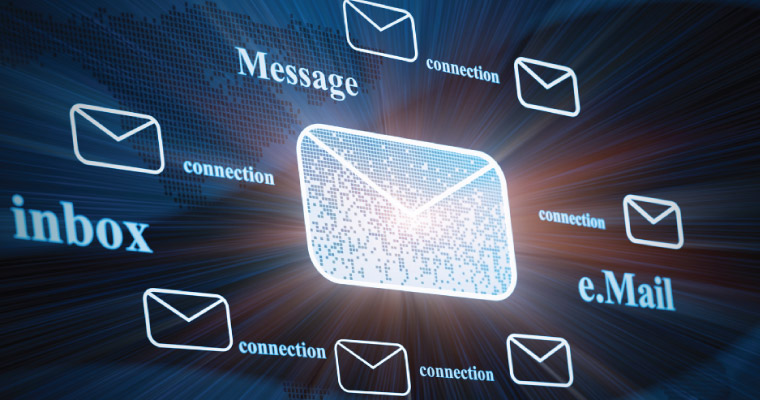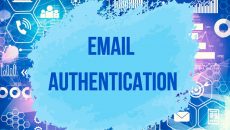Some big changes are coming to the email sender requirements for Google and Yahoo. If you use an email service provider, they have likely sent you a notice about the changes, and what it means for your business. They are taking it seriously – and so should we.
What’s happening and why?
Both Google and Yahoo are implementing a stricter set of email sender requirements to reduce the number of SPAM emails flooding our inboxes. Less SPAM is a good thing for all of us. These new, stricter requirements will allow Google, Yahoo, and others to understand if the email they are looking at – is from a verified sender or not. If the sender isn’t verified, the email could hit the SPAM folder – or not be delivered at all.
The stricter email sender requirements will require all of us to make a few changes to our CNAME records to comply with the new requirements. I’ve listed several resources at the end of this article to provide you with more information and the tools necessary to make the needed changes.
Who’s impacted?
These stricter requirements – don’t apply to every business (yet), although that could change at any time.
Initially, this will apply to a business of any size sending more than 5,000 outgoing emails in a single day. Is your email list larger than 5,000? – this will apply to you. Is your list smaller – but you send out multiple emails in a day that would total 5,000 or more outgoing emails? This applies to you.
If your list is smaller than 5,000, and you don’t send out enough outgoing emails to hit that 5,000 mark, chances are that it will not apply to you at this time. That being said, it is best practice to follow the stricter requirements as soon as possible.
When’s it happening?
The updated email sender requirements go into effect in early February 2024, but enforcement won’t take effect until April 2024.
Does that mean you should put this off until the last minute? Not a good idea. Implementing and following best practices with your email setup and list is the best way to ensure the highest deliverability rate. More well-crafted, verified emails – successfully delivered, translate into more sales.
Top 3 Key Points for any business sending email
This process boils down to 3 specific best practices to ensure that your emails aren’t blocked from your customer’s inbox because your email is non-compliant.
[1] Custom Domain: Send email from an email address associated with a custom domain.
Example: yourname@yourname.com instead of yourname@gmail.com
[2] DKIM: Authenticate your emails with DKIM (DomainKeys Identified Mail). This is a digital signature attached to your email that lets the receiver of the email know that it was sent by the owner of a verified domain. These are CNAME Records – they will need to be updated with your domain registrar.
[3] DMARC: Set up a DMARC Policy. DMARC or Domain Message Authentication Reporting – is a technical standard that helps protect email senders from advanced threats that could cause email impersonation, spoofing, and fraud. It’s an additional layer of protection. There are three levels of DMARC protection, and the level chosen depends on your business needs. This is a TXT record; it will also need to be updated with your domain registrar.
Summing it all up
If this all sounds very technical and a little scary, you aren’t wrong. The good news is that your Email Service Provider is highly motivated to assist you in getting the records in place – correctly.
I’ve listed a few resources for you to learn more about the upcoming changes – and the steps you need to take now – to ensure your emails don’t get blocked due to verification issues.
Constant Contact: How to Prepare for Upcoming Google and Yahoo Changes
https://www.constantcontact.com/blog/cname-authentication/
Flodesk: Major email marketing compliance changes you can’t ignore: Steps to take before February 2024
https://flodesk.com/blog/major-email-marketing-compliance-changes-you-cant-ignore/
Aweber: DKIM, DMARC, Yahoo, Gmail, and You
Free Webinar: DKIM, DMARC, YAHOO, GMAIL & YOU!




